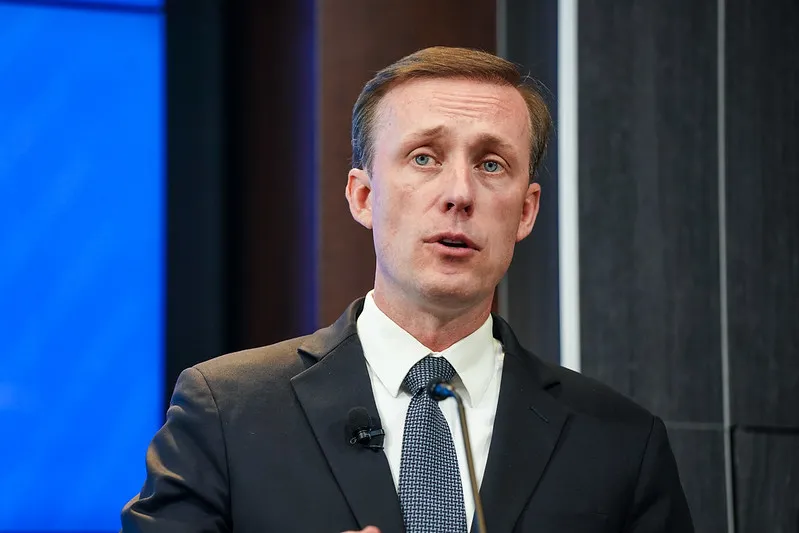Neocons are putting out the line that the U.S. should negotiate with Iran over its nuclear program, but be prepared to bomb the country should negotiations fail to produce an acceptable agreement. That is the approach advocated by Richard Nephew, Senior Research Scholar at Columbia University at the Center on Global Energy Policy and an Adjunct Fellow at the Washington Institute for Near East Policy and former Deputy Special Envoy for Iran during the Biden administration, in an article published by Foreign Affairs. Nephew isn’t just proposing to bomb Tehran, but threatening regime change, or at least the “weakening” of Iran, which he argues would be good for the region.
Nephew would prefer that Iran negotiate because of the messy risks that would be associated with a U.S. military campaign. Because of the risks, “the United States must make a final, good-faith attempt to negotiate a halt to Tehran’s nuclear program early in the Trump administration. But unless it is prepared to live in the world that Iranian nuclear weapons would create, it may have little choice but to attack Iran—and soon. Prudence demands that Washington both plot out military action now and ensure that Iran understands that this threat is real, even as it tries the diplomatic path once more,” Nephew writes.
Coincidently (or maybe not), Israeli journalist Barak Ravid reported in Axios yesterday that U.S. National Security Advisor Jake Sullivan had presented President Biden with options for a potential U.S. attack on Iran’s nuclear facilities if the Iranians move towards a nuclear weapon before Jan. 20. Citing three unnamed sources “with knowledge of the issue,” Ravid claims the discussion took place in a meeting several weeks ago that remained secret until now.
Biden and his national security team discussed various options and scenarios during the meeting, but the President did not make any final decision, according to the sources. A U.S. official with knowledge of the issue said the White House meeting was not prompted by new intelligence or intended to end in a yes or no decision from Biden. Instead, it was part of a discussion on “prudent scenario planning” of how the U.S. should respond if Iran were to take steps such as enriching uranium to 90% purity before Jan. 20, the official said. Another source said there are currently no active discussions inside the White House about possible military action against Iran’s nuclear facilities.
Ravid notes that the Biden administration had reportedly briefed President-elect Trump’s team on the intelligence picture regarding Iran’s nuclear program. “They may choose a different course, a different strategy, but I want to make sure we are starting from a common base of what we are facing with respect to the threat posed by Iran’s nuclear program,” Sullivan reportedly said.




